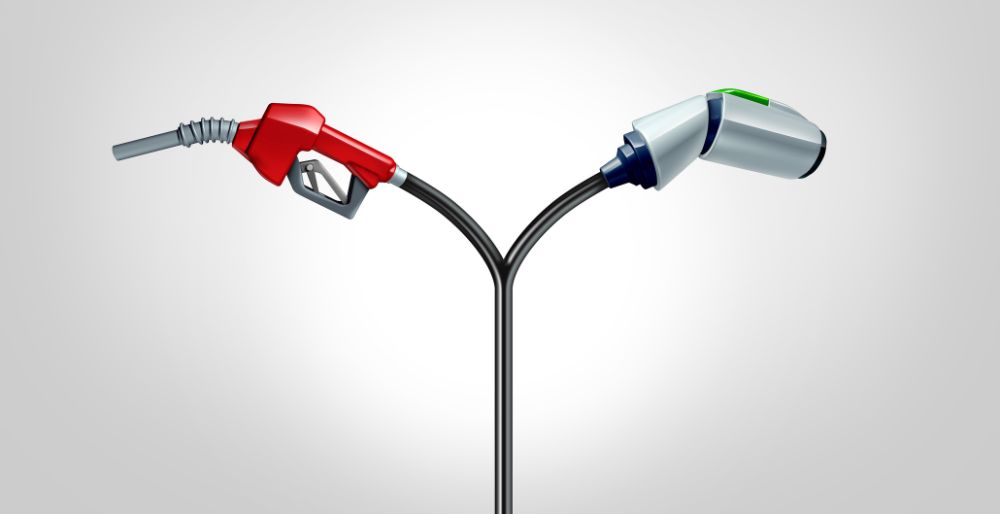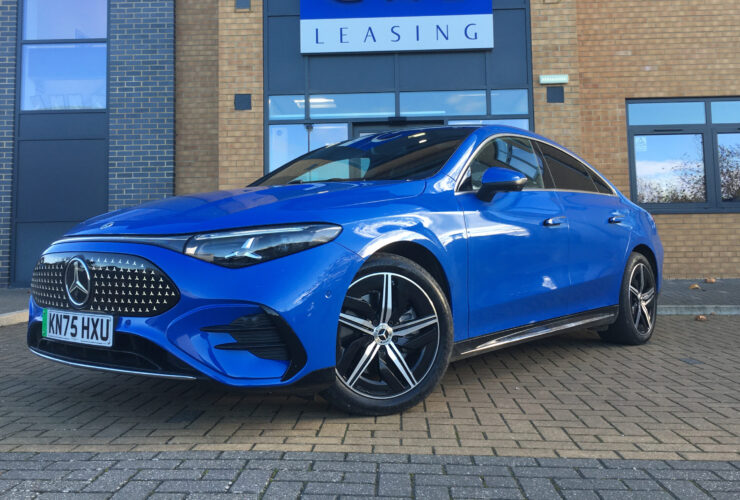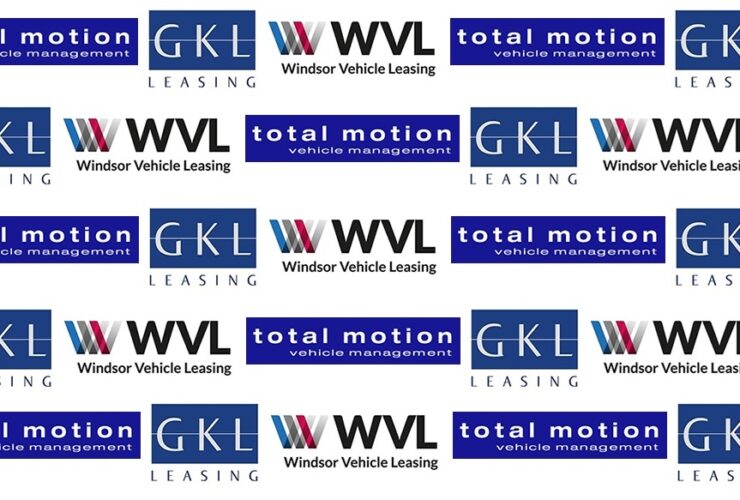In the middle of an unprecedented cost of living crisis, we thought now was the perfect time to take a look at the affordability of different kinds of vehicles based on their day-to-day running costs.
With that in mind, we’ve taken four vehicles: one petrol, one diesel, one hybrid, and one full electric. We’ve then compared them across three journeys – one short, one mid-range, and one long – using the journey cost calculator on Zap-Map.
The result is an effective cost comparison between electric and petrol cars, which represent the two extremes, alongside diesel and hybrid options, which represent more of a middle price range between the two.
Electric fuel costs vs combustion fuel costs: case studies
For this comparison of electric fuel costs vs combustion fuel costs, we’ve used current RAC figures for petrol and diesel as of 19th July 2022, and the E.ON Next Flex Direct Debit tariff costs for electric home charging.
- Petrol: 188.76 pence per litre
- Diesel: 196.96 pence per litre
- Electricity: 28.46 pence per kWh
We’ve then applied these across three different journey types:
- A daily commute of up to 25 miles each way, for 50 miles total per day
- A once-weekly ‘hybrid worker’ drive of 100 miles
- A once-a-year ‘family holiday/business trip’ journey of 700 miles/350 miles each way
50-mile commute (daily)
| BMW 3 Series Saloon Petrol | Skoda Octavia Hatch Diesel | Mercedes 300e Plug-In Petrol Hybrid | Volkswagen ID.3 Electric | |
| Journey fuel cost | £11 | £8.72 | £7.63 | £3.53 |
| Cost per mile | 21.6p | 17.4p | 15.3p | 7p |
| Total annual fuel costs for this daily journey | £3,935 | £3,183 | £2,875 | £1,288 |
150-mile trip (monthly)
| BMW 3 Series Saloon Petrol | Skoda Octavia Hatch Diesel | Mercedes 300e Plug-In Petrol Hybrid | Volkswagen ID.3 Electric | |
| Journey fuel cost | £22 | £26 | £23 | £11 |
| Cost per mile | 21.6p | 17.4p | 15.3p | 7p |
| Total annual fuel costs for this monthly journey | £1,122 | £314 | £275 | £127 |
600-mile trip / 300 miles each way
| BMW 3 Series Saloon Petrol | Skoda Octavia Hatch Diesel | Mercedes 300e Plug-In Petrol Hybrid | Volkswagen ID.3 Electric | |
| Journey fuel cost | £65 | £52 | £46 | £21 |
| Cost per mile | 21.6p | 17.4p | 15.5p | 7p |
| Total fuel costs for this once-a-year, each-way journey | £130 | £104 | £92 | £42 |
What about range?
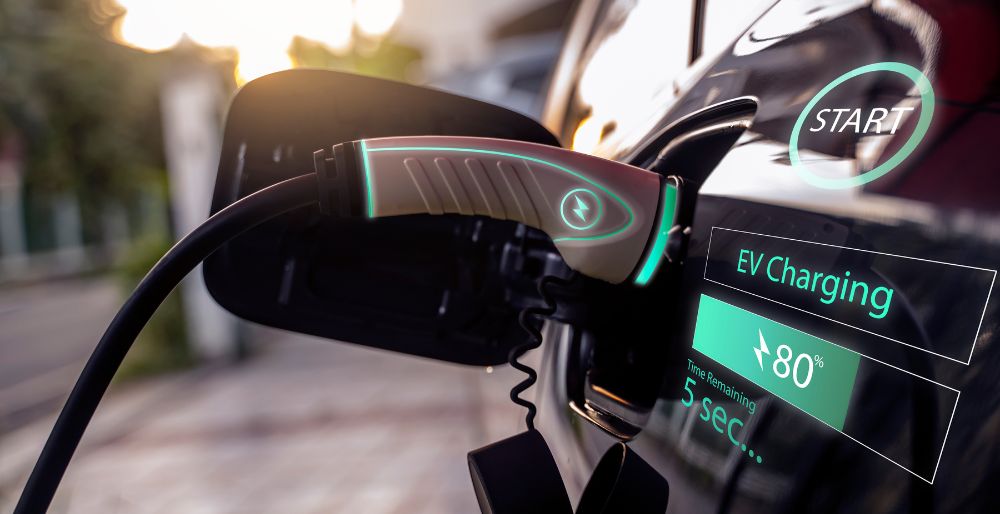
Of course, when looking at electric fuel costs compared to combustion vehicles, one sizeable caveat must be made which applies here only to the 300-mile each-way journey.
The battery range of the Volkswagen ID.3 is around 259 miles – meaning you would need to stop off at a public charging point to recharge along the way.
With that factored in, the first 259 miles of that 300-mile journey would cost around £18 – or £36 for the 518-mile round trip.
The other 41 miles of the 300-mile drive would be accounted for using a public charger. Prices on those can vary wildly, but the default settings for the Zap-Map public charging calculator are:
- Public charger speed: 50kW (Rapid*)
- Connection fee: £0 (this can vary wildly)
- Cost per kWh: 45p
* According to Zap Map, the VW ID.3 is also compatible with 22kW fast chargers but will only charge at the onboard charger speed 7.2kW (standard)
The cost of charging on-the-go
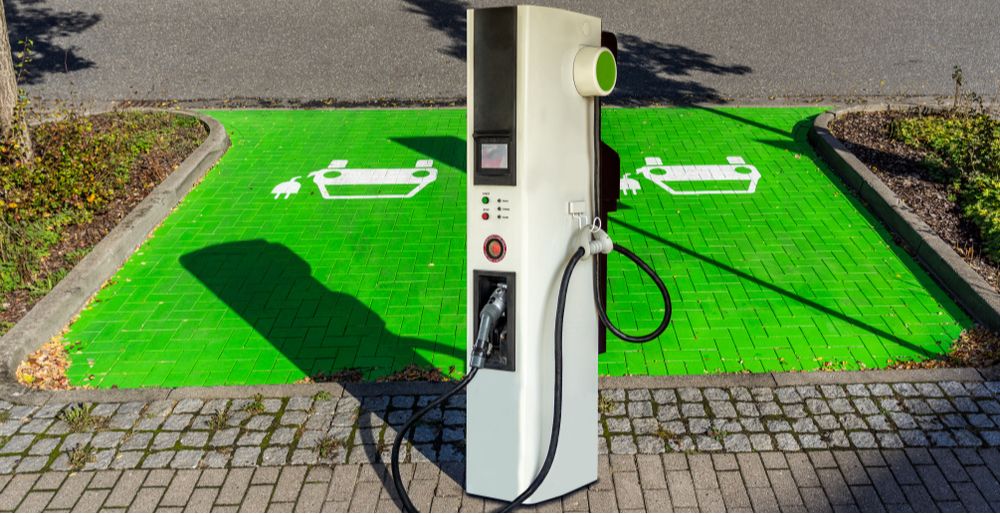
Using the numbers above from Zap Map, a 30% charge of the VW ID.3 would:
- Take 18 minutes
- Add an extra 52 miles to the battery
- And cost an extra £6.08
- For a cost 11.7p per mile.
Longer journey costs
Across the full 600-mile round trip, then, the total EV fuel cost would be around £48.12.
That’s:
- £43.88 less than the Mercedes 300e Plug-In Petrol Hybrid car
- £55.88 less than the Skoda Octavia Hatch Diesel car
- And £88.88 less than the BMW 3 Series Saloon Petrol car
And that’s just on the longest journey alone!
Total fuel savings for EV drivers
Based on the comparisons factoring in all journey types outlined above, EV drivers would pay £1,824. That’s:
- £1,418 less than hybrid drivers, who pay £3,242 total
- £1,777 less than diesel drivers, who pay £3,601 total
- And £3,363 less than petrol drivers, who pay a whopping £5,187 total.
Even with the price of electricity rising, the currently soaring prices of petrol and diesel mean it really cannot be argued: electric fuel costs, compared to petrol and diesel, are significantly cheaper.
Could your company benefit from leasing electric?
If this piece proves anything, it’s that the potential costs savings on electric fuel are enormous – and fleets will only benefit the more combustion vehicles they swap out for EVs.
Here at GKL we have access to the entire market of available EVs, and are able to apply our corporate buying power to get you the best price and acquire a vehicle as quickly as possible – even in some very challenging times for vehicle availability.
To learn more, visit our Eco Leasing page or get in touch to discuss your needs.

